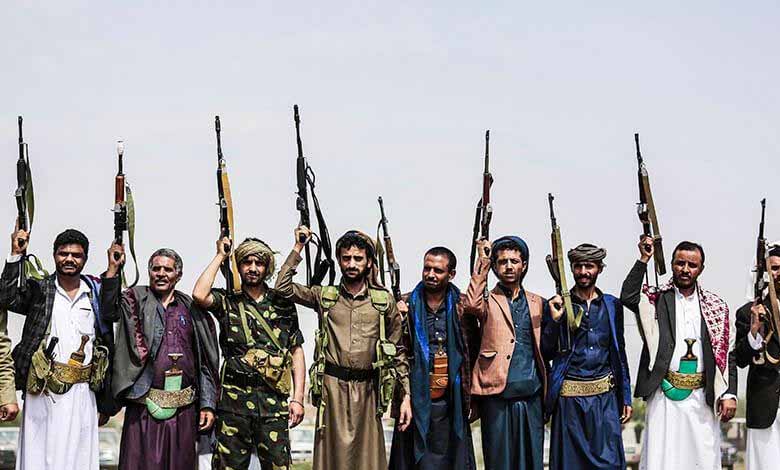Amid intense Arab efforts, will the world succeed in stopping the terrorism of the Houthi and Iran in Yemen?

A temporary two-month ceasefire reached in April has been twice extended, resulting in the longest peace for Yemenis in nearly a decade, and a period to begin trying to ease the war and terrible humanitarian crisis in the country caused by the Iranian-backed Houthi militia, with 11 million people facing levels of food insecurity , according to the UN Refugee Agency, but the truce has not lasted, and its collapse in early October has already led to extremely worrying results.
Iranian plans
The National stresses that most importantly, a new round of hostilities by the Houthi militia is endangering civilians and paving the way for further fighting and further deterioration of Yemeni sovereignty. These militias are creating gaps for the passage of Iranian forces to take advantage of the collapse of the country and control it to be another arm in the Middle East. Iran is the greatest blame in this regard, as the Houthi militias in Yemen have long been included among its proxies throughout the region. On Saturday, the United States accused Tehran of trying to smuggle more than a million rounds of ammunition and missile components into Yemen, after the American forces carried out a major weapons seizure at sea.
It went on to say that a trawler was found on a smuggling route between Iran and Yemen carrying 50 tons of lead and missile components. After it was intercepted, Vice Admiral Brad Cooper, commander of the U.S. Naval Forces Central Command, said: “This significant ban makes clear that Iran’s unlawful transfer of lethal aid and destabilizing behavior continues.
Cessation of hostilities
The international newspaper added that controlling this ship and preventing its arrival to the Houthi militia means a cessation of fighting for some time. Despite these efforts, they are still not enough to stop Houthi terrorism in Yemen. Yemen still lacks a solid foundation through which to rebuild its security and provide a kind of response to address complex problems such as smuggling and Iranian intervention. Moreover, the Houthis continue to target shipping infrastructure. A recent example of this is the attack on the Al-Dabba oil plant in Yemen’s Hadramawt governorate, given that the world economy is already in great trouble, and bad security in large parts of strategically important waters around the Gulf cannot be risked. Nearly a decade of hostilities has shown that it is difficult for diplomacy to reach a solution in Yemen, despite the recent success of the ceasefire, not necessarily a failure of diplomacy, but not even a sign of failure to do enough.
Arab-Western Commitment
Only on Wednesday, UAE President Sheik Mohammed discussed with Rashad al-Alimi, head of Yemen’s Presidential Command Council, prospects for bolstering relations between the two countries. There is also a need for a more forceful global response, as Arabs have recently stepped up their efforts, to prevent Yemen from becoming a hotspot for Iran-led global smuggling activities, whether in drugs or weapons.












